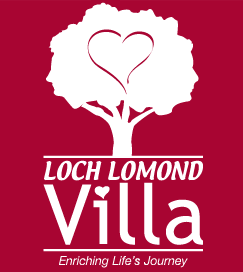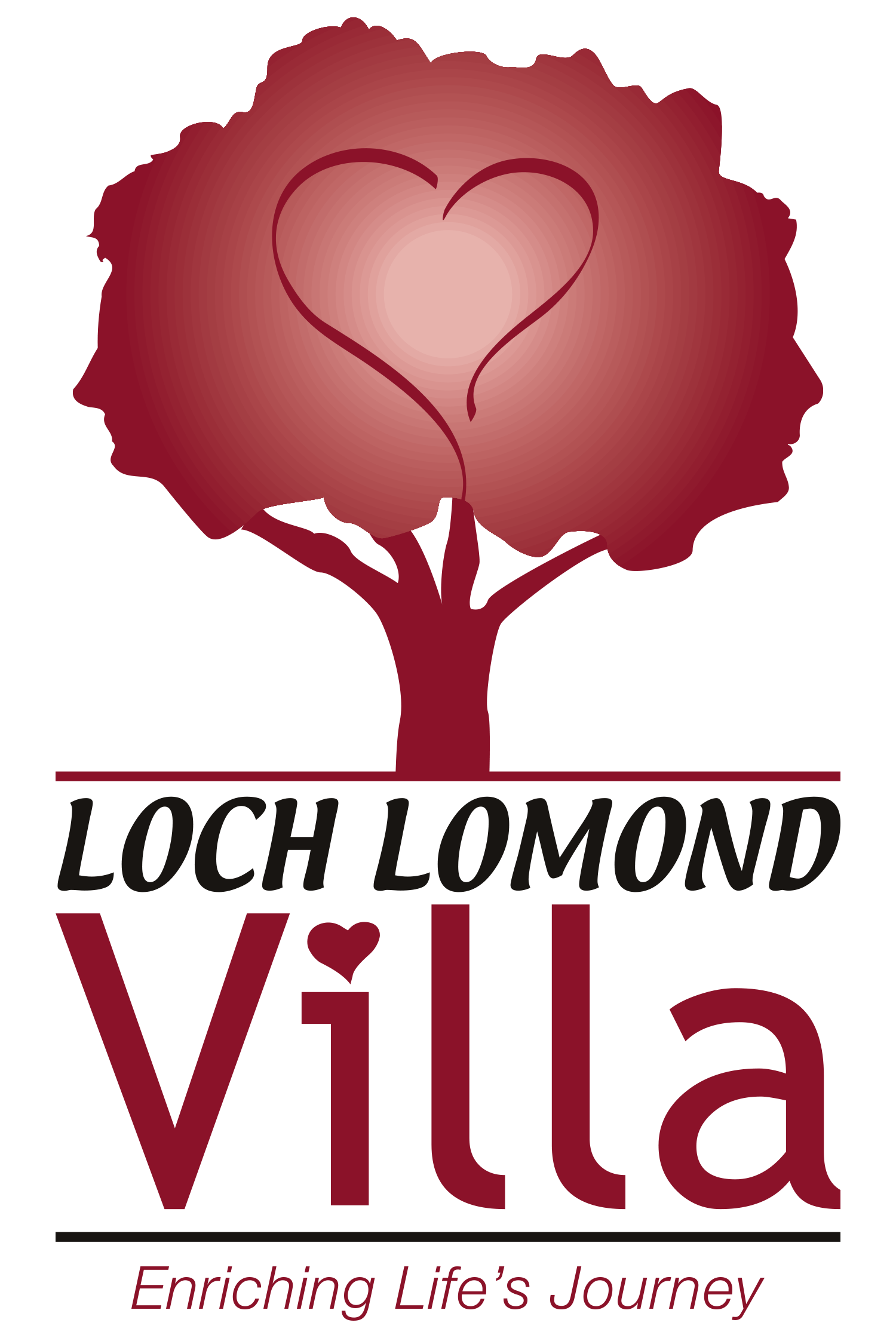 Research and Innovations Homepage
Research and Innovations Homepage
Radiography on Wheels
Radiography on Wheels was a pilot research project that offered mobile X-ray services to Nursing Homes and Special Care Homes at participating sites in Saint John and surrounding areas. The project was a collaboration between Loch Lomond Villa and the University of New Brunswick (Saint John). Radiography on Wheels was funded through the Healthy Seniors Pilot Project grants provided by the federal government. The project aimed to increase access to diagnostic services in New Brunswick Nursing Homes and Special Care Homes.
Over the 11-month intervention, Radiography on Wheels provided 553 X-ray exams to 378 residents. With only 24 residents needing to be sent to hospital after their mobile X-ray, Radiography on Wheels averted 354 (94%) hospital transfers.
The Government of New Brunswick has decided to expand the mobile X-ray service for long-term care resident’s province-wide, provided by the Extra-Mural Program. Read more about it HERE.
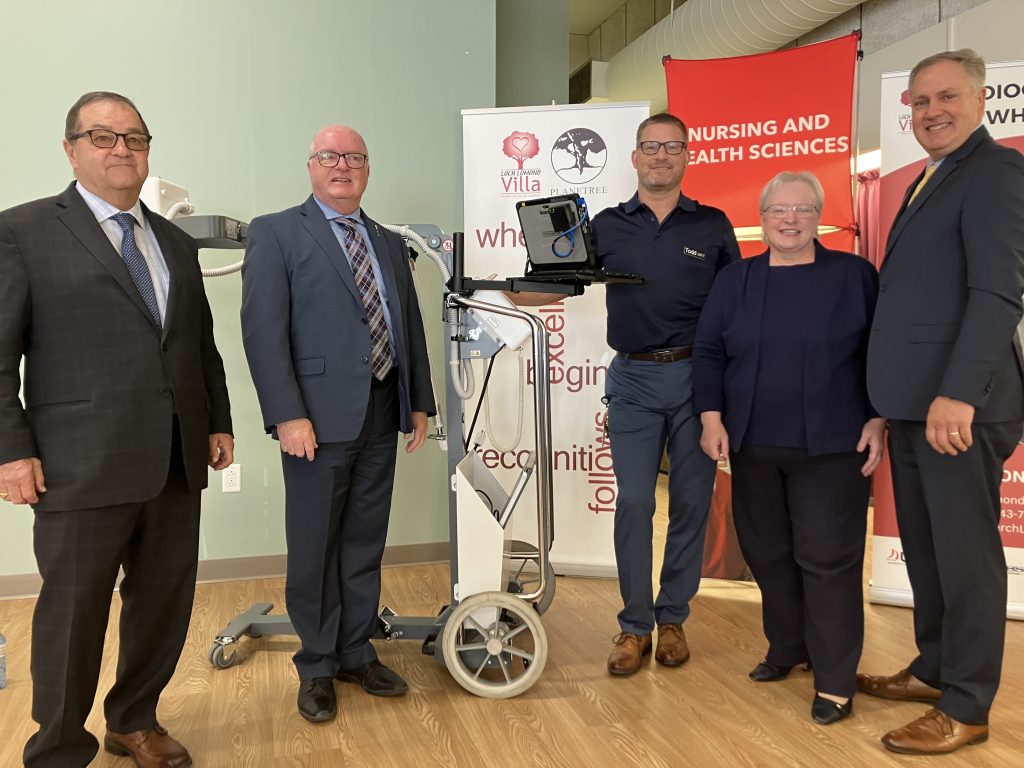
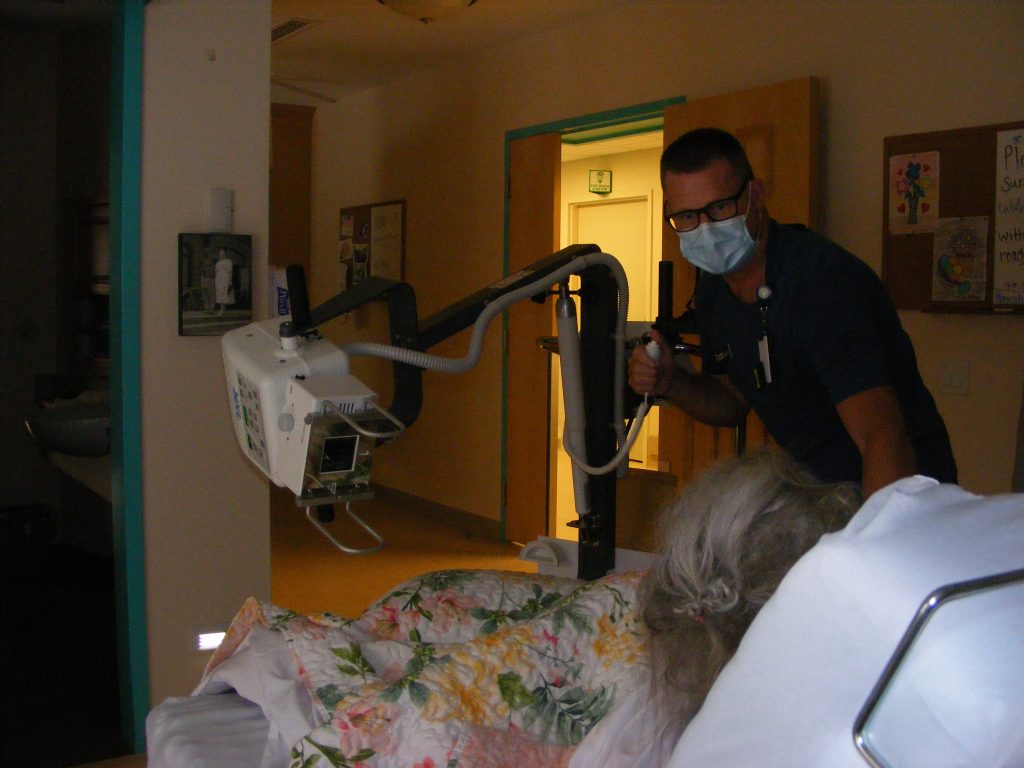
IPC Simulation Sessions
In the Fall of 2022, Loch Lomond Villa was selected to participate in a cross-Canada IPC Simulation Curriculum Pilot project called “Improving Care Providers Competencies in Infection Prevention and Control Practices through Simulation-based Learning.” As part of the pilot project, Loch Lomond Villa staff and residents were invited to learn more about infection prevention and control practices through practice-based learning between November 2022 and January 2023. The education included four simulation practice-based learning sessions, of which simulations #1 and #4 were offered in person, while simulations #2 and #3 were provided virtually.

NB HEARS
The New Brunswick HEARS (Hearing Equality through Accessible Research and Solutions) research project involved the use of technology and behavioral training for the aging population. It was a collaboration between Loch Lomond Villa, Baycrest, the Hearing Foundation of Canada, and Johns Hopkins University. NB HEARS was funded through the Healthy Seniors Pilot Project grants provided by the federal government. The use of hearing amplification devices aimed to provide better quality communication and were designed to address the concern of untreated hearing loss among older adults. This research aimed to determine what technological and behavioral interventions can have on individuals over 60’s physical health and social well-being.
NB HEARS in the news: If you are interested in hearing about NB HEARS in the news, check out these articles! Click HERE to read about HEARS in the Telegraph Journal, or HERE to read about HEARS on CHSJ’s news website!

Navigating the Patchwork
Navigating the Patchwork was a personable navigation service to help older adults living in the Saint John Community navigate accessible and available community services. This project was funded through the New Horizons for Seniors Program. This service was accessible out of the Loch Lomond Villa Wellness Center, a community-based center offering services to older adults living independently. Interested participants needing help navigating towards available community services worked 1-on-1 with a volunteer mentor. Volunteer mentors were older adults who had previously themselves navigated different services and knew the ins and outs of the different services available for older adults in the Saint John community. Participating individuals received support from someone with similar lived experiences, and who had previous expertise navigating the system.
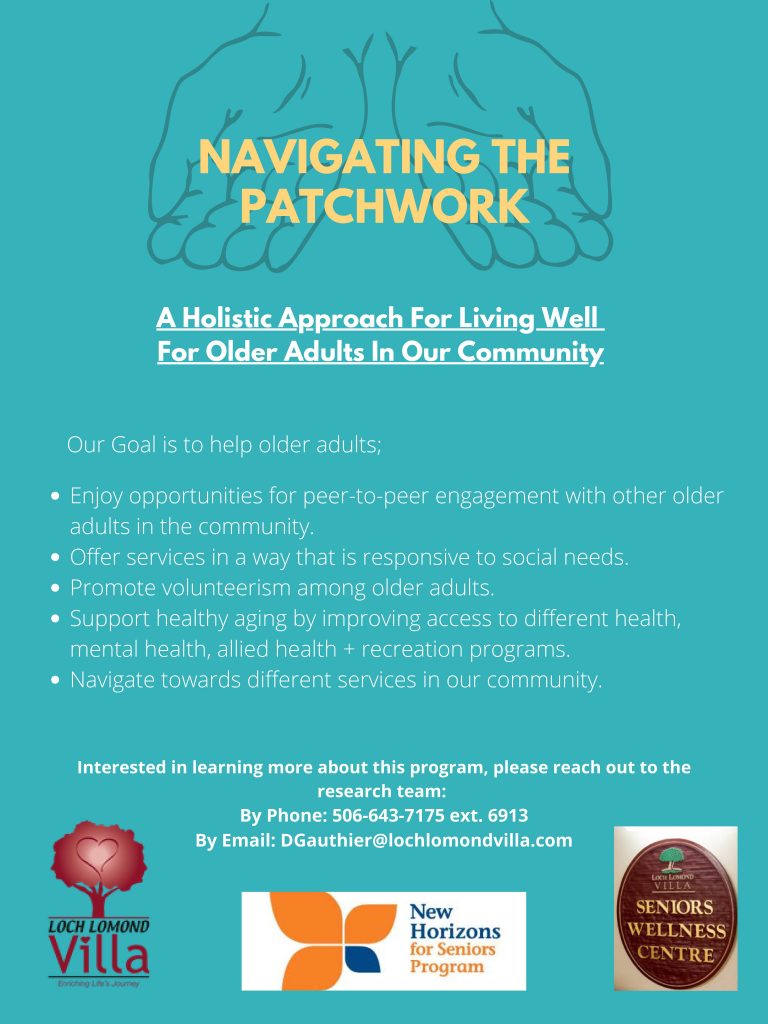
Care Assistant Project
Loch Lomond Villa, in partnership with the New Brunswick Union (NBU) and New Brunswick Association of Nursing Homes (NBANH), piloted a new project entitled, “The Introduction of Non-Clinical Support Role for Care Staff in Nursing Homes”, referred to as the Care Assistant project. The project was funded through the Healthy Seniors Pilot Project grant.
The introduction of a non-clinical position, referred to as a Care Assistant (CA), is an affordable option to improve the quality of care for residents in nursing homes across New Brunswick. CAs are unlicensed and unregistered caregivers with no standard role or formally recognized training requirements. Generally, the role of CA is to provide, under supervision, direct and indirect resident care, including hygiene, nutrition, and social care needs. The project findings suggested that CAs enhanced the delivery of more person-centered care services to residents while reducing the non-clinical responsibility of care staff. As a result, some care staff experienced greater job satisfaction, improved working environments, and may have provided better care to meet residents’ needs more efficiently.
LLV Connects
The LLV Connects program worked to reduce feelings of social isolation for older adults living in the community by providing an opportunity to connect with others by exchanging letters, phone calls, and virtual visits. LLV Connects was funded by the City of Saint John Community Grants Funding Program. Participants were paired up with volunteers who shared similar interests and hobbies to create some meaningful connections in the face of the pandemic, which may have limited their social activities.
This research aimed to provide social support to older adults living in Saint John who may be more susceptible to feelings of loneliness and social isolation because of the pandemic, foster intergenerational community connections, and increase visibility of the unique challenges older adults face amidst a global pandemic.
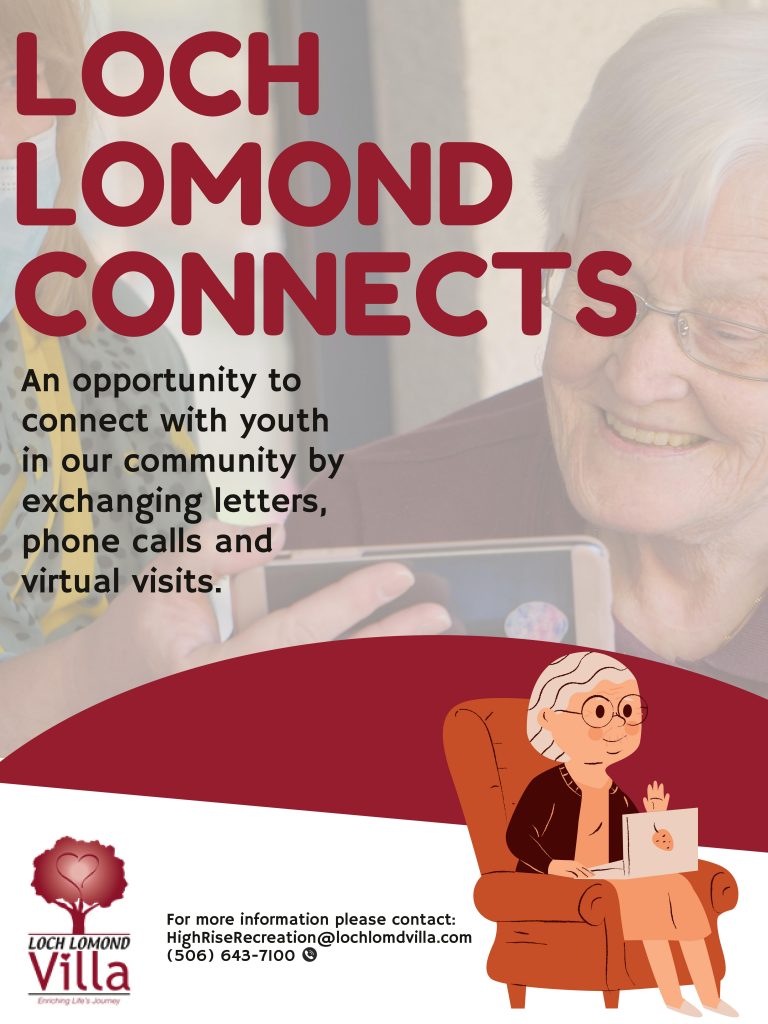
Digital Literacy
The Digital Literacy for Seniors project was funded through the New Horizons for Seniors Program and the LTC+ seed funding offered through the Canadian Foundation for Healthcare Improvement. It focused on supporting seniors during this time of social distancing and self-isolation. Through this project, the Loch Lomond Villa will piloted a hybrid remote and in-person learning model for seniors in the community. The aim of the program was to enhance digital literacy (the skills and knowledge needed to use technology such as tablets, phones, and computers) among seniors in the community to ensure the accessibility of virtual tools that help to prevent social isolation, assist seniors is performing daily tasks, and promote community connection. The program was delivered through a combination of one-on-one phone sessions, facilitated remote group tutorials and practice sessions, and by providing an educational resource in the form of a workbook. Providing opportunities for seniors to engage in the virtual world is always important, but now more than ever, is an essential piece in keeping people connected.
Volunteers in this program have been trained and certified through Connected Canadians.
To obtain a FREE Digital Literacy manual, that can help you or your loved one navigate your technology, click here.
To view a full report from this project, click here.
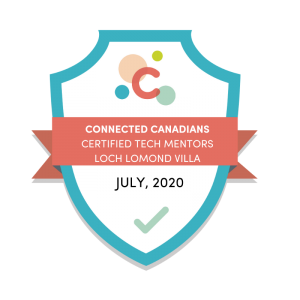
Personhood for Residents with Dementia
The personhood project involved the development of personhood kits that were originally created for residents living with dementia or Alzheimer’s on Cedar House. This research was done in collaboration with researcher, Molly McGovern and was jointly funded by the New Brunswick Health Research Foundation and the Centre for Brain Health and Innovation. These kits were designed to help facilitate personhood for residents with advanced dementia. The research involved collaboration with family and staff to design kits that contained materials related to the residents’ life experiences. Each resident received a kit that was curated based on the resident’s unique identity and significant moments in their life. Personhood kits can now be created for new residents coming to stay with us. Personhood kits are an important way we are embracing Loch Lomond Villa’s person centred philosophy.
Information about the personhood project can be found here.
A full report can be accessed here.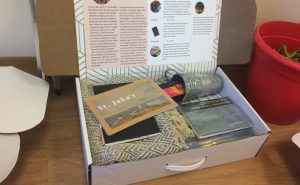
ABBY
With funding provided by the Centre for Brain Health and Innovation, and the New Brunswick Health Research Foundation, we studied a screen-based technology called ABBY in Cedar house and Willow house. The ABBYs were developed by Ambient Activity. Family members provided family photographs, favourite music, and videos displayed on wall-mounted ABBY screens for each resident. We aimed to determine if ABBY would help reduce responsive behaviours, increase satisfaction among family members during visits, and provide staff with a tool they could use while caring for residents with dementia or alzheimers. ABBY brought joy to residents, family members, and staff. After six months of use, more residents were participating in recreational activities without being prompted by staff or family members. Sixty percent of family members said their satisfaction with visits increased with ABBY. Reviewing photos and videos with their loved ones allowed them to reminisce about the special life they have lived together and to continue the journey. There are currently 2 ABBYs on Cedar house, and one on Willow house. New residents are able to have their personalized content uploaded so they can benefit from these therapeutic devices.
Click here to learn more about this research.
3D/VR
With funding provided by the Centre for Brain Health and Innovation, and the New Brunswick Health Research Foundation, we tested a virtual reality program for seniors produced by 3Scape Systems for residents living on Birch and Elm house. The virtual reality movies were high-quality, 3D images with colours and sound adjusted for seniors. Each movie was about 20 minutes long, and used storytelling techniques to provide positive, realistic experiences. Seniors’ cognitive scores generally improved after the study finished, suggesting that the 3D videos had a positive effect. Most seniors enjoyed watching the movies and reminiscing. Negative behaviours and moods decreased significantly after each viewing. Residents on the Villa side can still utilize the technology as part of their regular therapeutic programming.
Click here to learn more about this research.
Routinify
This research, funded by the Centre for Brain Health Innovation and the New Brunswick Health Research Foundation, was done to evaluate the effectiveness of an app-based platform designed to help aging adults to maintain their independence and remain in their homes through implementing and maintaining healthy routines. The technology, developed by Routinify, prompts individuals for reminders such as appointments and medications to regain healthy routines and contains a check in feature that is accessible to family caregivers. The goal was to examine if there are positive impacts, both physically as well as socially, to this platform for aging adults and their caregivers.
Click here to learn more about this research.
De-prescribing Anti-psychotic Medication
Antipsychotic medication is often prescribed to people diagnosed with dementia to help mitigate responsive behaviours, but this approach is not always appropriate. Loch Lomond Villa, with support from the New Brunswick Association of Nursing Homes and the Canadian Foundation for Healthcare Improvement, sought to reduce the amount of inappropriate antipsychotic medications being prescribed to residents. We employed a Quality Improvement approach to develop a model for decreasing antipsychotic medication use among residents who do not require it, and would benefit from non-medicinal strategies to manage responsive behaviors. Early success was evident, and the programs continues to be implemented at Loch Lomond Villa today,
Click here to learn more about this research.
